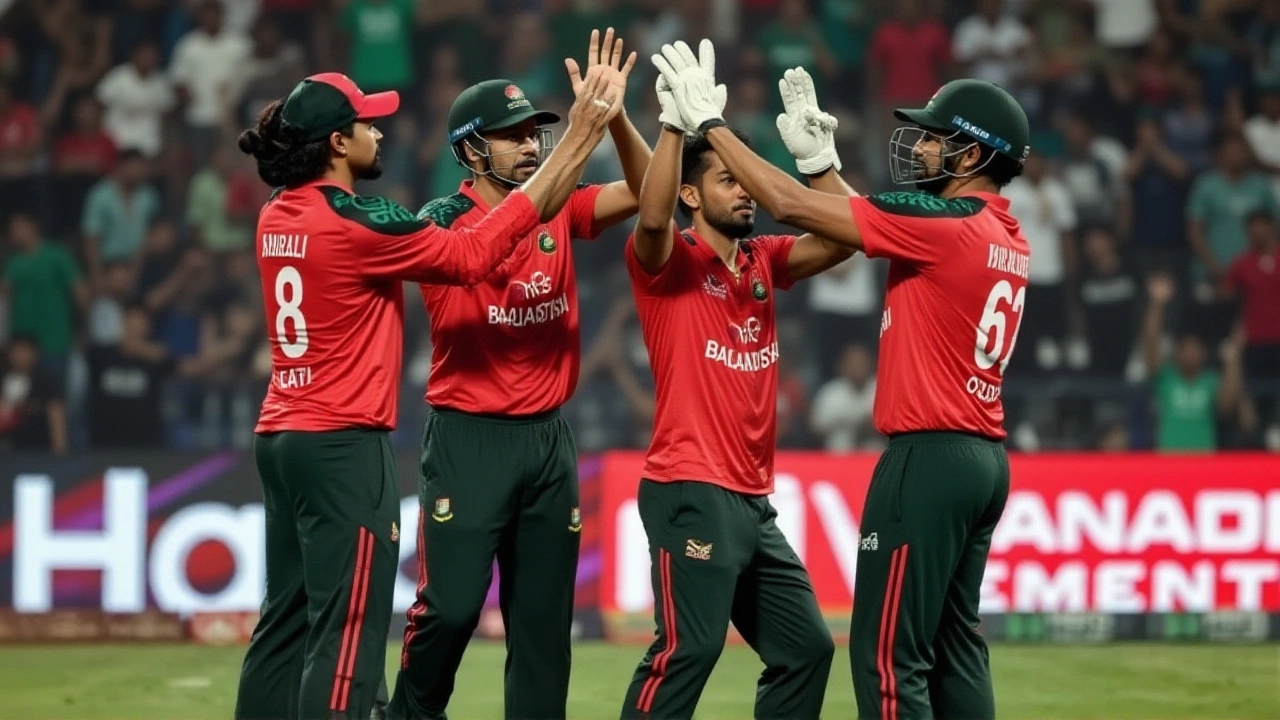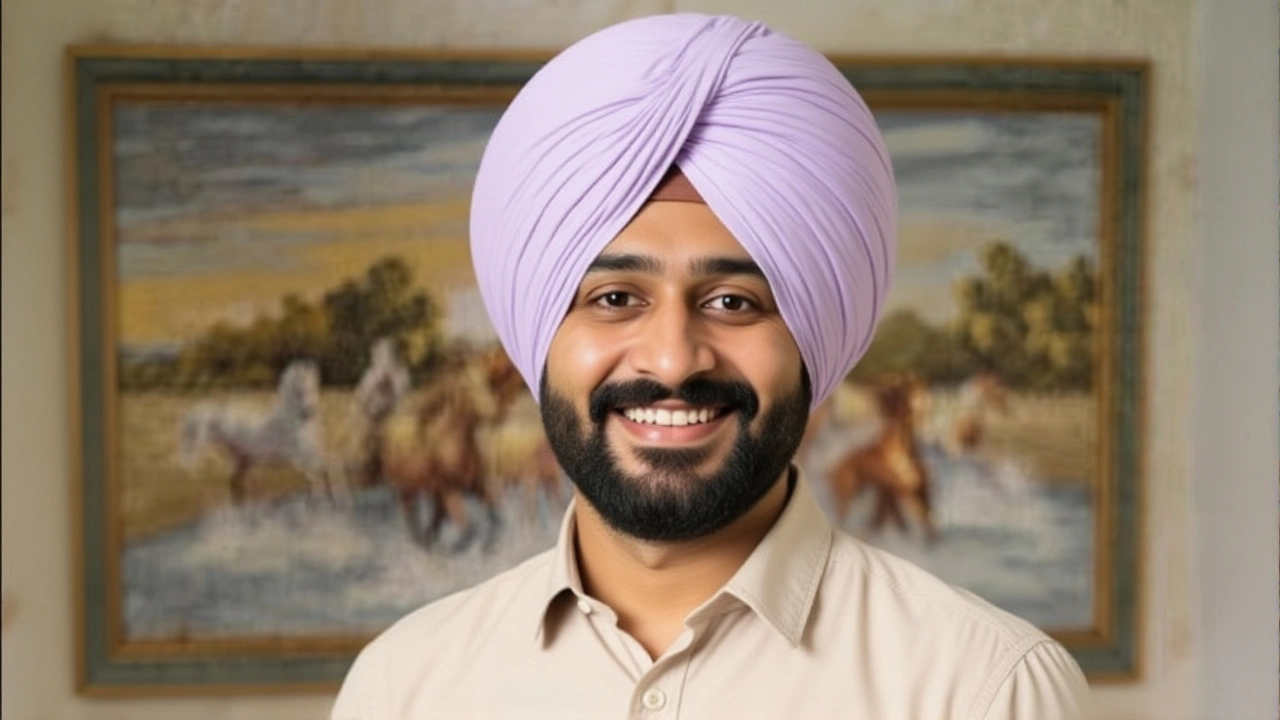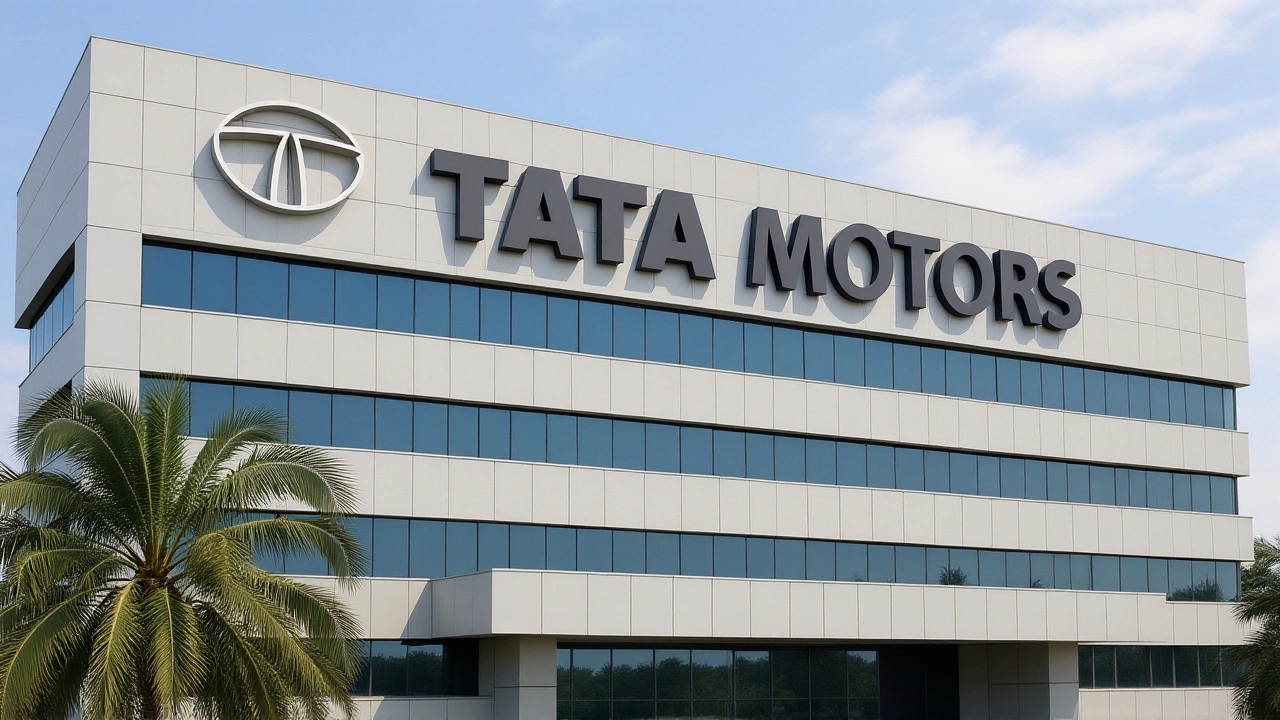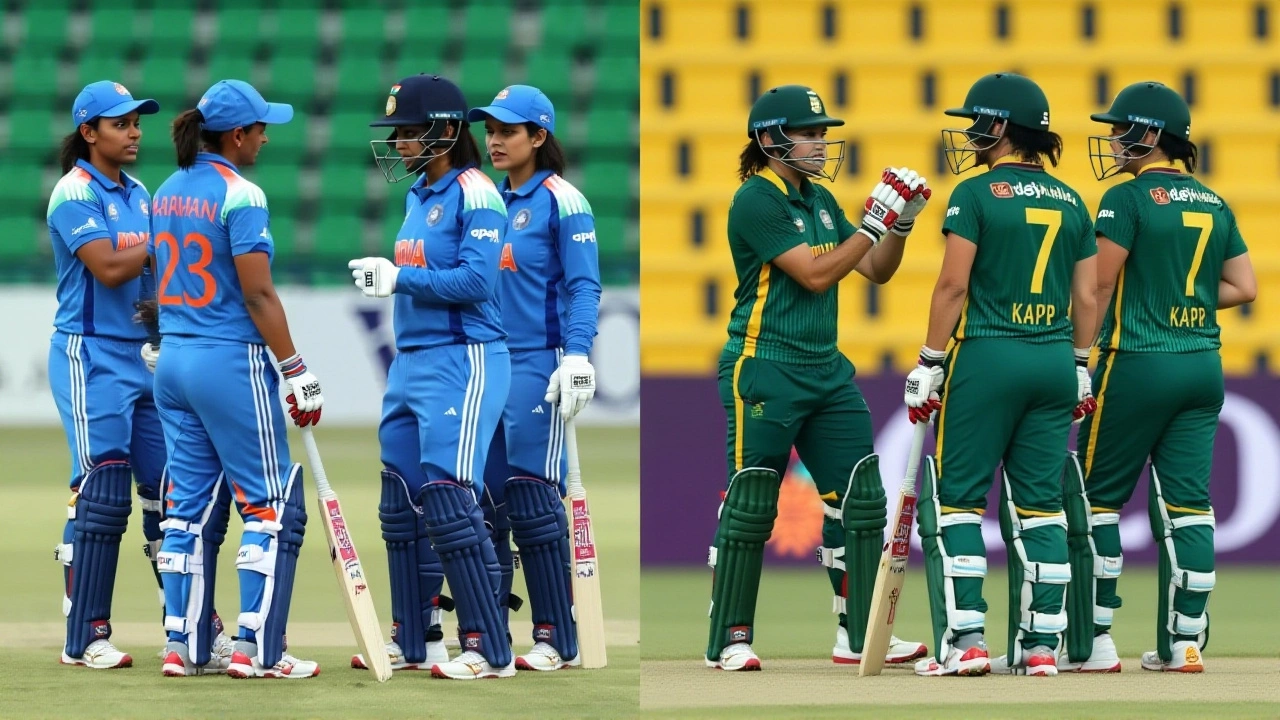Mumbai: Practical Guide for Living, Food and Moving
Thinking about Mumbai? Whether you’re moving, visiting, or just curious, this guide gives straight-to-the-point tips that actually help. I’ll cover neighborhoods, commuting, money matters, food you must try, and a compact checklist so you can act fast.
Daily life tips
Neighborhoods matter. South Mumbai (Colaba, Fort) suits people who want history, short commutes to offices, and pricey rent. Bandra and Juhu blend nightlife and cafes with mid-to-high rents. Powai and Andheri attract tech and startup folks. Chembur and Navi Mumbai offer cheaper rent and more space. Pick based on commute, not just vibe.
Commuting shapes your day. Local trains are the fastest but packed during peak hours. If you can avoid 8–11am and 5–8pm, you’ll breathe easier. The metro and suburban trains are expanding; app-based taxis and auto-rickshaws fill gaps. Use a dedicated travel card or apps to save time. Allow extra time during monsoon—roads flood and journeys slow.
Money and jobs: salaries in Mumbai reflect higher living costs. Finance, media, Bollywood, and tech hire heavily here. If you’re freelancing or job hunting, build local contacts—meetups, coworking spaces, or niche Facebook groups help. For paperwork, keep Aadhaar, PAN, and proof of address handy. A birth certificate shows where you were born but isn’t always enough for nationality or all formal processes—carry national ID documents when required.
Food is a daily highlight. Try vada pav, pav bhaji, bhel puri, and pani puri from trusted stalls—street food can be phenomenal if you choose busy, clean spots. For a sweet finish, seek out jalebi and kulfi stands. If you cook, local markets have excellent spices and fresh produce. Don’t skip Marathi home-style meals if you want a real taste of the city.
Safety and health: Mumbai is generally safe, but common sense helps—avoid empty areas late at night, keep valuables secure on trains, and use verified ride-hailing options. During monsoon, carry a raincoat and waterproof bag for electronics. For healthcare, identify one reliable clinic and one hospital near your home on day one.
Quick moving checklist
1) Documents: Aadhaar, PAN, passport, previous address proof, employment letters, and rental agreement. 2) Housing: visit at least three places at different times of day to check noise and commute. 3) Finances: open a local bank account, set up UPI and a travel card for public transport. 4) Connectivity: buy a local SIM and test broadband options before signing long leases. 5) Essentials: first-aid, umbrella, basic cookware, and a screwdriver set for quick fixes.
Mumbai moves fast. If you keep practical priorities—commute, safety, paperwork, and food—you’ll settle quicker. Ask neighbors and local shopkeepers for tips; they often know the best doctors, cleaners, and street food. Move deliberately, not hastily, and the city’s energy will start working for you rather than against you.
Finding a life coach in Mumbai can be a great way to gain clarity and focus in life. The best way to find a life coach in Mumbai is to look at online directories, ask for referrals from family and friends, and read reviews of different coaches. It is also important to make sure to find a coach that fits your needs and has the qualifications you are looking for. Additionally, it is important to ask questions about the coach’s qualifications, experience, and approach to coaching before committing to working with them. Finally, it is important to evaluate the coach’s ability to help you achieve your goals and make progress in your life.
View More




